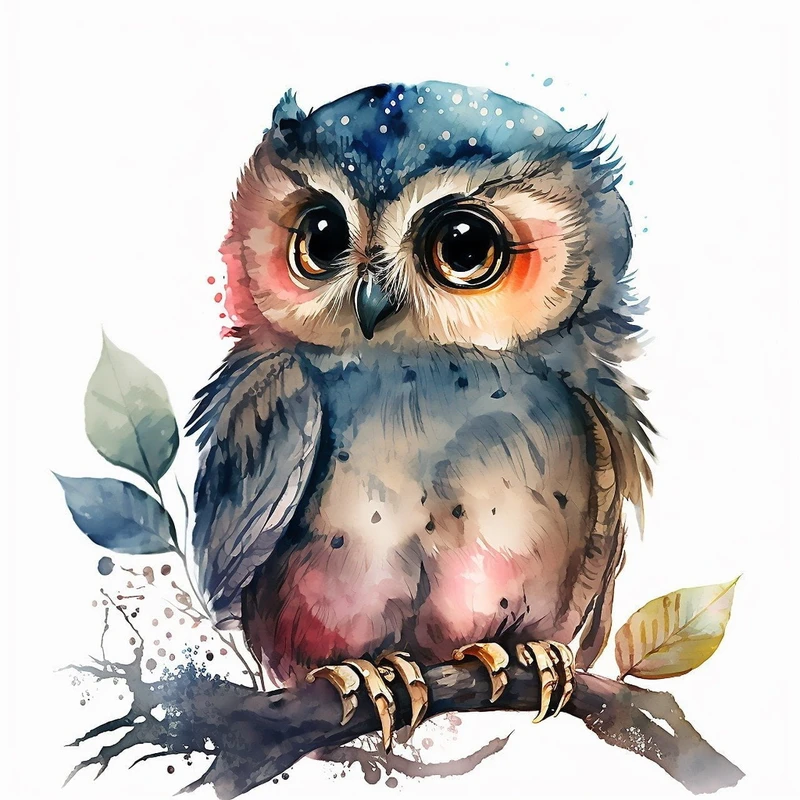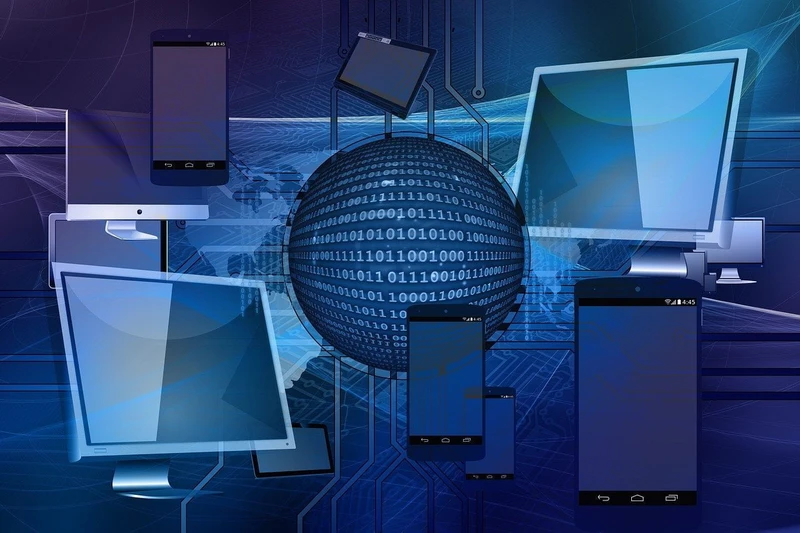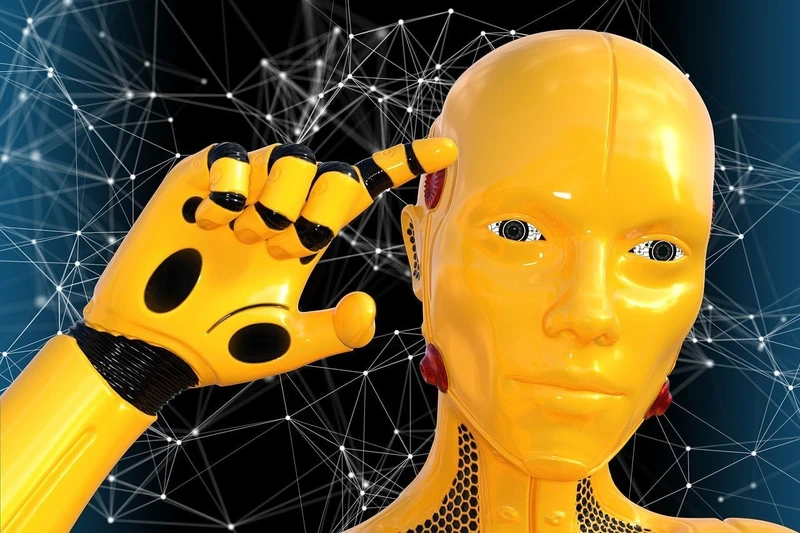Many people are concerned that artificial intelligence will replace humans. The paranoia surrounding this includes the belief that AI threatens our identity by surpassing human creativity and ingenuity. However, fears about intelligent robots are often significantly exaggerated compared to reality.
Artificial intelligence is not a competitor, but an assistant for people.
Artificial intelligence can effectively imitate complex creative products, such as Rembrandt’s paintings, and can outperform chess players. It can write a decent script, which is why writers and other artists are so concerned that it threatens their profession. There is also a troubling thought that AI-driven robots could claim many jobs, pushing people out of various work sectors.
However, artificial intelligence is unlikely to replace human interaction. Moreover, it could turn out to be yet another tool for enhancing human productivity. AI may become another significant technological achievement of humanity, following the list that starts with the stone axe and continues with the invention of the telephone, computer, internet, and smartphone .

Illustration with a watercolor effect created by AI.
Some professions are indeed at a crossroads. However, the number of new jobs created by technology often exceeds the number lost. Artificial intelligence can perform many tasks, whether it’s programming or scriptwriting.
In the best case, AI work creates the first draft of a script, which the screenwriter then edits and embellishes. This way, a person with experience in this field can produce more work and write better. The same reasoning applies to many other forms of intellectual property – from graphics to music or electronic code.
People are too afraid of all new technologies.
AI has many threatening aspects, including the likelihood that criminals could impersonate us on social media, turning our lives into hell. Even more concerning is the possibility of autonomous killer robots being unleashed by international terrorists. But are people’s fears about artificial intelligence exaggerated?
Concerns about intelligent robots are shifting into a pattern of excessive fear of new technologies. Since they are poorly understood, most people focus solely on the potential harm and pay little attention to the possible benefits.

Neophobia hinders the implementation of new technologies and generates unfounded fears about their impact. At the dawn of electrification, potential customers exaggerated the dangers of electricity and focused on cases of fatalities due to electric shock.
The emergence of television raised concerns about its role in increasing violence due to the popularity of themed programs. However, it did not turn children into crazed killers. Video games also did not do this, despite the fears of many, including some leading psychologists who studied this issue.
Parents are concerned about the impact of every new technology on their children – from instant messaging to social media and smartphones. Overall, these fears have not been justified. While the dangers of social media are hard to overstate, whether in politics, depression, or viral videos that inspire children to engage in reckless and even foolish behavior for the sake of live broadcasting.
Improving artificial intelligence requires a significant amount of time.
The potential ability of intelligent robots to write fake essays, fabricate resumes, or create false legal documents seems insignificant. However, it could be used by professional criminals in a threatening manner. Nevertheless, such attacks can be detected and prevented, just as has been done with malicious computer viruses that criminals have been deploying for decades.
Artificial intelligence can produce convincing forgeries, but most of them can be filtered out. For example, professors can use software to detect works generated by ChatGPT.

In general, AI is prone to errors, considering the limitations of the internet data used for its training. Some experts believe it may take decades before intelligent robots become reliable enough to replace human lawyers. In the meantime, major artificial intelligence companies have agreed to apply a “watermark” to their AI-generated products.
AI technologies as a useful tool
No matter how much people feared new technologies, the benefits of the latter generally outweigh their risks. The internet was feared as well, but it has increased human productivity more than any other individual technological advancement.
Enthusiasts believe that AI can further enhance human productivity. People will be able to work less while still being more creative and productive than intelligent machines.
Therefore, as noted by the publication Psychologytoday Most concerns about artificial intelligence may be unfounded. This cutting-edge technology can become a very useful tool if people learn to use it wisely.
Photo:pixabay.com
